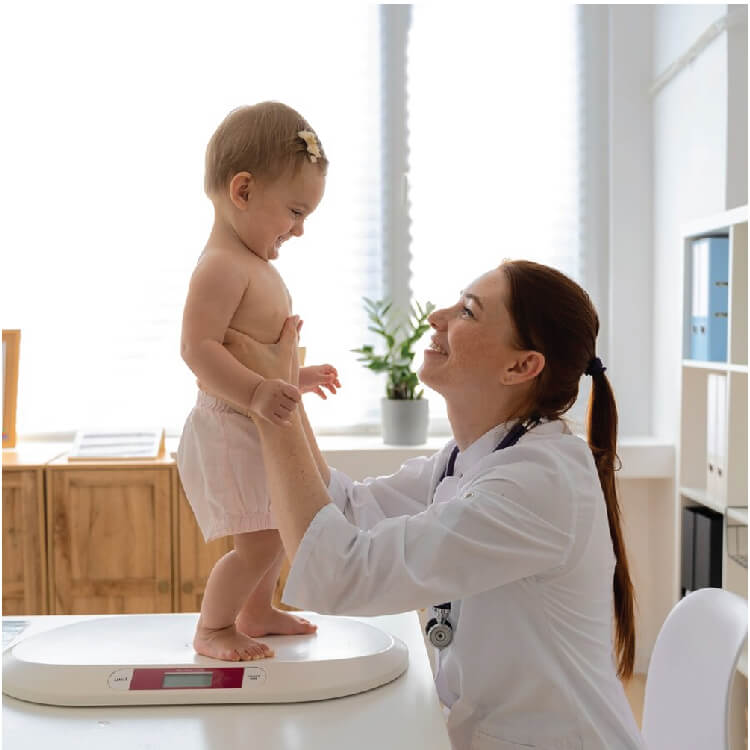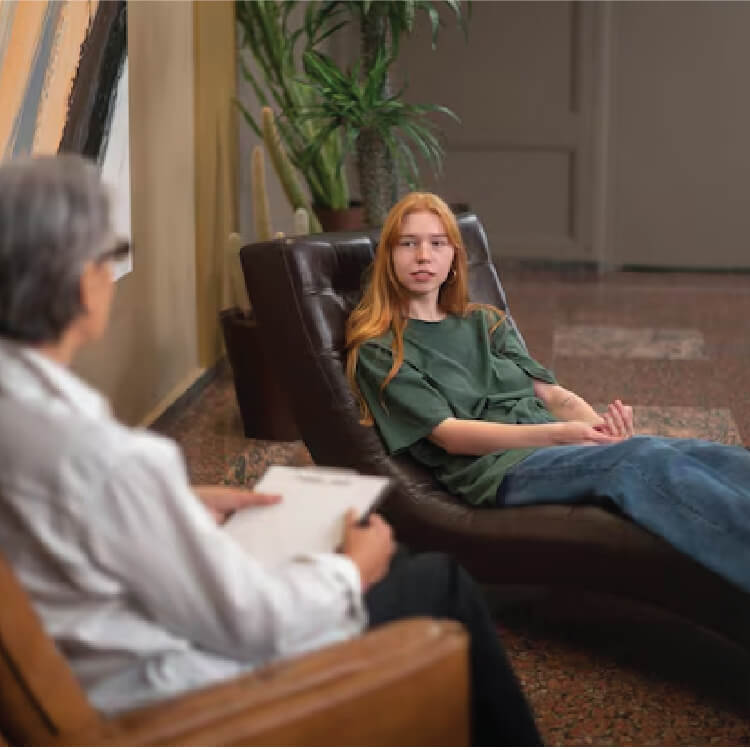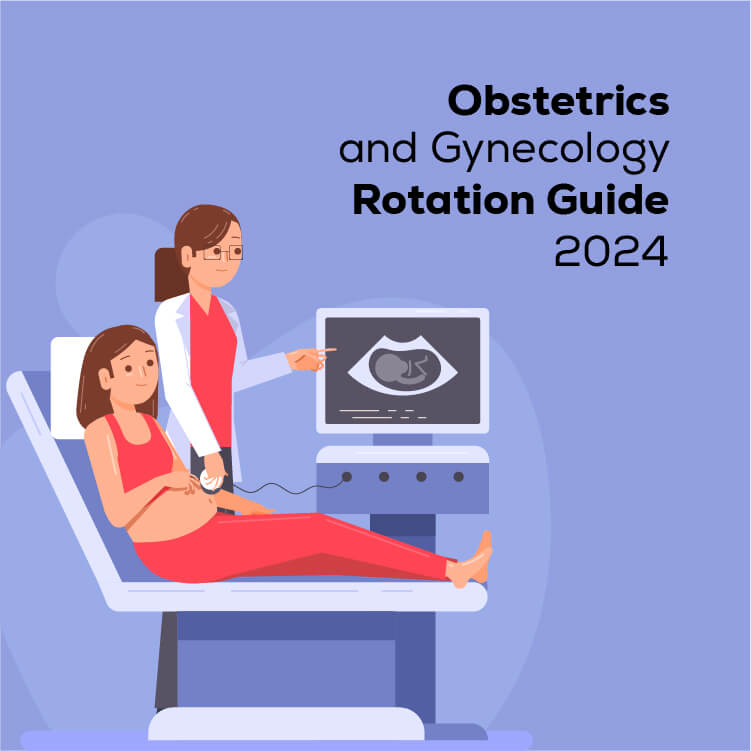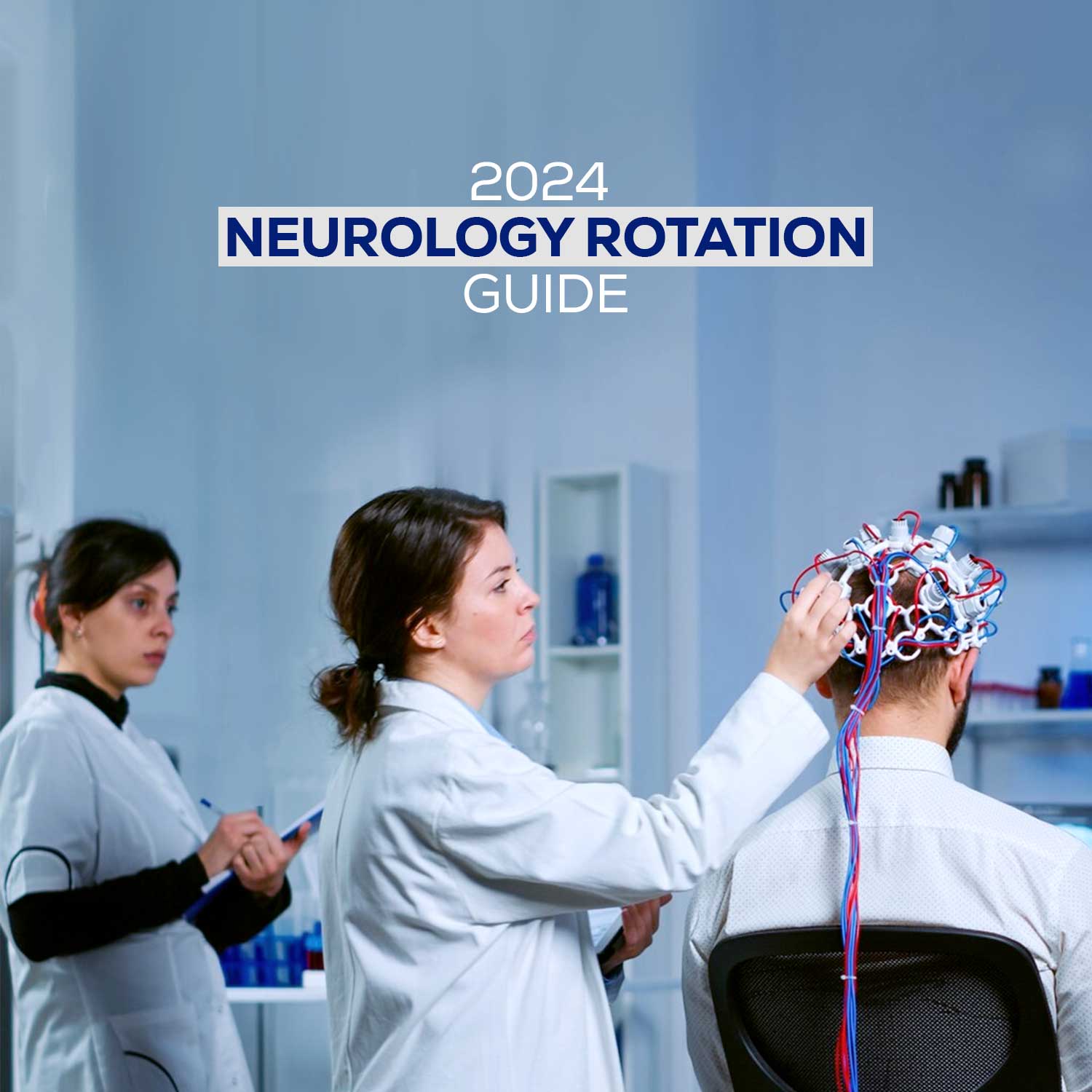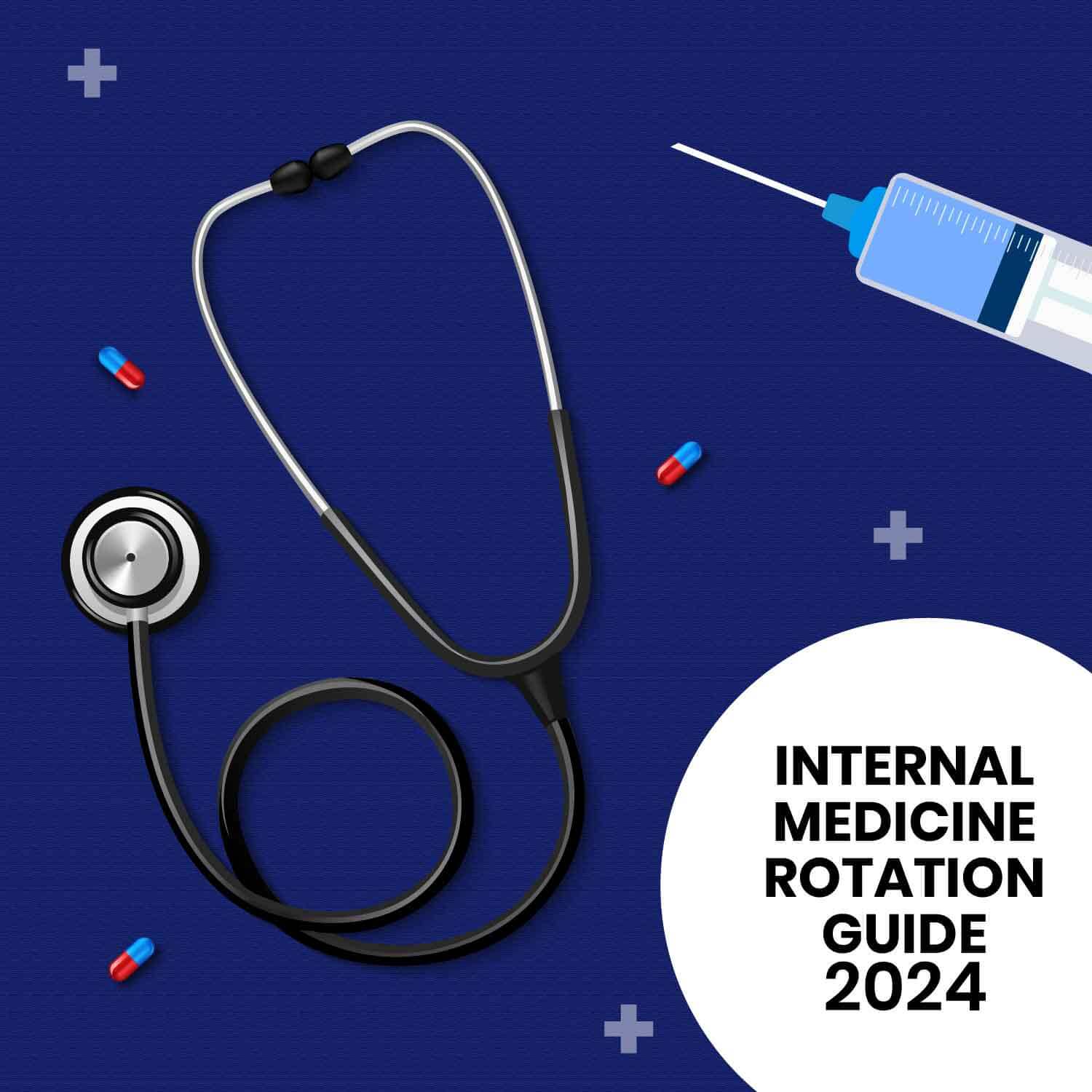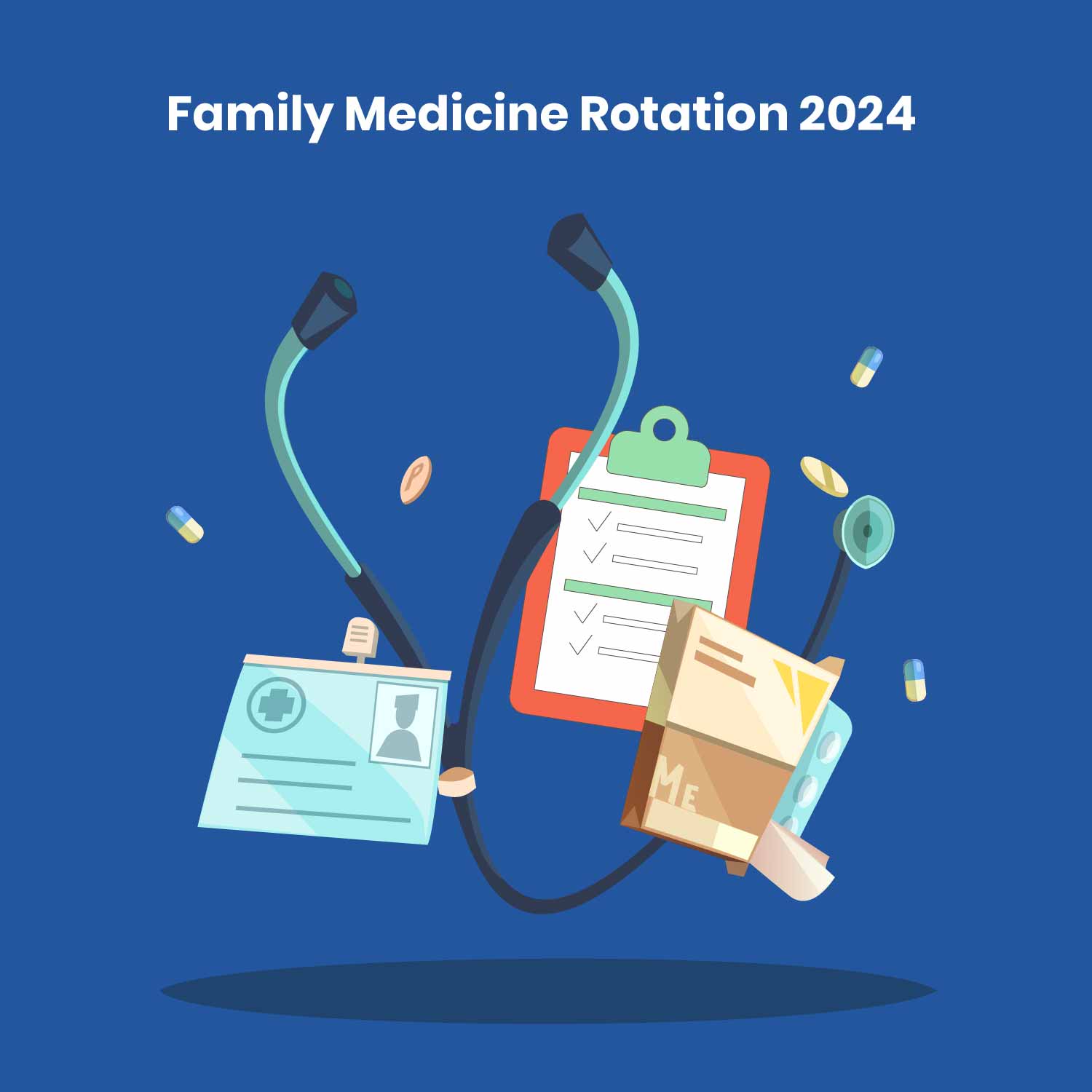
Medical residency match season is about to start! It’s high time to learn about the details of the match, the tasks you’ll need to complete, how to make the most out of this milestone in your career, and what you should do if you don’t match to a residency program.
The residency match process is a process by which residency candidates and residency programs together match to fill first-year and second-year post-graduate training positions accredited by the Accreditation Council for Graduate Medical Education (ACGME). The Match system is instituted and maintained by The National Resident Matching Program (NRMP).
Almost all first-year positions in ACGME-accredited training programs participate in the match process, whereas candidates for residency positions in some subspecialty programs will participate in other matches. But, these candidates must also participate in the NRMP to secure a preliminary position for each specialty.
Residency Match Calendar 2021
| Dates | Activities |
| 2020 | |
| September 15 | 12:00 p.m. ET: Registration opens |
| October 1 | 8:00 a.m. ET: Medical schools start uploading rising seniors |
| 2021 | |
| January 31 |
11:59 p.m. ET: Applicant Standard Registration Deadline The additional fee for late registration will be $50 11:59 p.m. ET: Quota change, withdrawal, creation of joint advanced, preliminary program tracks, and SOAP participation status deadlines |
| February 1 |
12:00 p.m. ET: Ranking opens Medical schools begin verifying graduation credentials of graduates |
| March 3 |
9:00 p.m. ET: Rank Order List Certification Deadline
|
| March 18 |
Match Week Begins 10:30 a.m. ET: Medical school Unmatched Applicants report will be availably embargoed until 11:00 a.m. 11:00 a.m. ET:
|
| March 19 |
Match Day 12:00 p.m. ET: Medical school Match Day ceremonies 1:00 p.m. ET: Applicant Match results will available through email and R3 system Advance Data Tables, Program Match Results by Ranked Applicant and SOAP Programs Preferred Applicants reports will available at the NRMP website |
| June 30 | 11:59 p.m. ET: Match closes and reports will no longer be available in the R3 system |
Who Should Enroll in the Medical Residency Match?
All medical students who are seeking a residency position should enroll in The Match. Once enrolled, they are bound to follow the terms of the NRMP process. Thus, any student offered a position by an institution not participating in The Match, such as an osteopathic position or an unaccredited position, his/her dean of student affairs can withdraw him before The Match deadline.
If at least one of the residency programs at the institution participates in The Match, all programs at that institution must offer positions through the NRMP or another national matching program to U.S. allopathic medical school seniors.
Residency Match Considerations
Here are some things you need to do before submitting your residency match application to ensure its success:
- Get familiar with the NRMP website to keep yourself updated with the latest news, events, and other information.
- Get familiar with ERAS and NRMP timelines especially during the COVID-19 pandemic.
- Read through the NRMP Residency Data, Research, and Survey Reports, especially:
- Charting Outcomes in the Match
- Results of the NRMP Program Director Survey
- Get your residency application package professionally reviewed and revised.
- Align the strengths of your residency application with the high-rated factors that Program Directors utilize when selecting applicants to interview at their programs.
- Pass USMLE Steps 1, 2 CK and CS (or COMLEX Level 1, 2, and PE if DO) before you apply. If not, then plan to sit for any remaining MLE before December 31st.
NOTE: Due to COVID-19, many programs will look to other aspects of an application besides testing during the 2021 Match. Speak to your mentor if you can not sit for any exam before you apply!
- Gather the financial means to apply to 200 programs PER specialty (~$4,775/specialty) and the financial means to travel to up to 10 interviews (~$10,000).
- Get familiar with the role that the National Resident Match Program plays in ranking the programs that you interview at.
- Get yourself registered for NRMP before the deadline of Match year.
- Get familiar with the ECFMG Certificate Holders Office (ECHO) if you are an IMG.
Once candidates prepare for The Match, they will need to create a personal profile in ERAS, view program information, request letters of reference (LORs) and other related documents, and apply to residency programs via the ERAS system.
Pre-Application Checklist
This checklist will help you to gauge the quality of your residency application before making significant time (6-8 months) and financial (up to $10,000 to $50,000 in some cases) commitments to succeed in the annual Match.
- Have uploaded and assigned ERAS Supporting Documents
-
- Personal Statement(s)
- Letters of Recommendation (LORs)
- Medical Student Performance Evaluation (MSPE)
- Medical School Transcript
- ECFMG Status Report (IMGs only)
- Photograph
- USMLE and/or COMLEX Transcripts (must authorize the release of the transcript before they can be assigned)
- Personal statement
-
-
- Has been reviewed
- Easy to read, and sounds like a conversation
- No portion of it has been copied/pasted from a previous personal statement
- Will remain in your possession at all times, and you will not share it with anyone
- Is specialty-specific and speaks primarily of milestones that have led you to practice medicine in the United States
- Does not contain subjective, blanket statements that are difficult to prove in your interviews
-
- Gaps during or after graduating from medical school (more than 30 days)
-
- Does not have any unexplained gaps
- Does not use “Studying for the USMLEs” as a statement to fill gaps
- Filled gaps with BLS, ACLS, PALS certification courses, insured U.S. clinical clerkships/electives/experiences, accredited CME courses
- US Clinical Experiences
-
-
- Document 5 months of insured relevant U.S. clinical experiences (not shadowing or research)
- Provide post-clinical evaluations or letters of recommendation, or both to prove that you took these clinical experiences
- Ensure that your experience is multidisciplinary, yet related to the specialty that you are applying to in both inpatient and outpatient settings
- Have been covered by professional liability insurance for coming in contact with any patients
-
- US Letters of Recommendation (LORs):
-
-
- Have more than 4 LORs written by U.S. licensed physicians as a result of being supervised in US healthcare settings
- All of LORs are originals, they have not been copied/pasted from another LOR written for a past residency candidate
- Have 2-3 LORs from specialists in the field you are applying to (such as 3 family medicine LORs) and 1-2 from related fields (such as family physician with sports medicine training, or pediatrician)
- None of LORs are from research or foreign or shadowing experiences
- Each LOR should be supplemented with their corresponding clinical evaluation from insured U.S. clinical experience
- If graduated from the Fifth Pathway Program, include Fifth Pathway Certificate as one of your LORs
- If applying to California residency programs, include Postgraduate Training Authorization Letter as one of your LORs to California programs
-
- Research & Publications:
-
- If conducted in association with academic institutions, with a true intention of leading to publication, similar to researches that one would see in U.S. medical schools and fellowships
- Publications should have a PubMed ID and can be found on PubMed
- Reassurances that you will show up to residency on day 1:
-
- Have passed all required MLEs
- Have verified that the states which you are applying to will grant you at least a temporary (training) medical license OR authorization to start residency.
- Have sufficiently demonstrated your commitment to this specialty in your residency application, and will strategically confirm your commitment to this residency program during or after the interview
- Will accept any type of visa sponsorship or don’t need visa sponsorship
- Will not let your religion, personal beliefs or convictions interfere with carrying out expected duties as a resident at this facility
You should be able to answer any questions relating to any of the above and provide evidence supporting them during a residency interview. You should also include and have sufficient explanation for any of the following in your application and during your interview:
-
- History of incomplete U.S. medical residency such as resigned, terminated, left without giving notice
- Investigated by any medical board, NRMP, ERAS, ECFMG or any other authority for any reason
- Negative findings on a background check
- Damaging MSPE
- Multiple USMLE attempts; taking more than 7 years to pass all 3 steps of USMLE
- Any other situation that may be deemed as irregular behavior
The ERAS Process for Residency Application
Here is a simple guide for candidates to get a MyERAS account up and token request so that they have enough time to make their application shine.
- MyERAS Account Setup Process
Candidates need to set up an account with MyERAS. Luckily, it’s a very simple process. Just go to the AAMC MyERAS landing page and click on the tab “Log in/Register for MyERAS”. If you already have an account, just sign in. If it’s your first time on the platform, get yourself registered by providing standard personal information like your name, email address, mailing address, and home country. Also, choose a username and a password that is easy for you to remember, but hard for someone else to guess.
You will also need to choose three security questions for extra security of your account. Choose questions with answers that are easy to remember. The last step in the MyERAS Account setup process is the confirmation of email. It usually comes within minutes, just open the email and click the confirmation link, which will automatically allow you to verify the information and log into the website.
- ERAS Token Request
After signing into the MyERAS account, the first thing you will see on the website is a space to enter your ERAS Electronic Token. This token is a fourteen-digit alpha+numeric code required to start the application process. To obtain a token for the ERAS season, the candidate must pay a non-refundable fee of $145.00 U.S. dollars (payable by credit card).
Visit the ERAS Token Request website to request a token. After requesting and paying a fee for the token, the code will be sent to you by email. It’s better to print out the confirmation page for records since it functions as your receipt. Now simply type your token digits into your MyERAS account and you’re all set!
Though this token can be used to apply for residencies in an unlimited number of specialty areas, the ERAS token is only valid for one application season. You will have to request a new token even if you have applied for a U.S. medical residency in the past.
Fees for ERAS Residency Applications
ERAS application fees depend on the number of programs you have applied for. MyERAS allows you to automatically calculate your fees. To calculate fee, and to know about payment methods and return policies, please visit the AAMC website.
The SOAP
You’ll learn on the Monday of Match Week if you’re matched and to which programs. However, if you don’t match immediately, don’t worry. There’s still an opportunity to match through the Supplemental Offer and Acceptance Program (SOAP).
The SOAP is a program run by NRMP that usually takes place during Match week to match any unfilled residency positions with unmatched applicants.There are almost eight rounds of offers in the SOAP from Monday to Thursday of Match week and matches are announced along with applicants who matched in the Main Residency Match on Friday. In the SOAP, positions fill immediately and accepted offers create a binding commitment.
We hope that this guide will help you navigate the medical residency match 2021. USDoctors.co wishes you the best of luck for The Match!
If you are looking for rotation programs to bolster your residency application, register with USDoctors.co today.
ABOUT US
Clinical Rotations For Foreign Medical Students, Nurse Practitioners, Physician Assistants and Graduates.
USDoctors.co specializes in providing invaluable hands-on clinical rotations to both foreign medical students, nurse practitioners, physician assistants and graduates. Our clinical rotations are strictly set up to help you get the US clinical experience and letters of recommendation that will greatly increase your chances of US residency placement.

